It often seems that we live in an age of multinational mega-corporations which control so many familiar trading names, to the extent that it’s easy to forget that in reality a large proportion of small/medium businesses are still basically family-owned and run enterprises and this is particularly the case when it comes to petrol retailing. Of course there are the oil companies, and they certainly fall into the ’multinational mega-corporation’ bracket; then we have what are still euphemistically described as the ’Indies’ in reality now dominated by a dozen or fewer very large companies who between them own a great many forecourts, both in this country and increasingly abroad. But at the grass roots level of petrol retailing, there are still many hundreds of sites operated by families.
Historically the ’family business’ model has been a useful way of actually starting in business. Many individuals have a bright idea but relatively few have the capital needed to turn that idea into a working business.
track record
It can be extremely difficult to persuade banks to invest in a ’bright idea’ even when supported by a comprehensive business plan unless the person with the idea has an established commercial track record. Even then, the lenders will usually demand that they make a significant capital investment of their own before seeking more funding. For many potential entrepreneurs, the only way of moving forward is to borrow initial funds from friends or more usually family.
Sometimes the informality of family business arrangements can give them an advantage over more rigidly structured competitors, particularly when it comes to the speed of decision-making. Whether it’s adding a new product line to the customer offer, adjusting prices to match a competitor or just replacing an asset, it helps if you can make an executive decision over dinner one evening, rather than having to pass it upwards through several layers of management.
For a start-up or small but growing business there’s a lot to be said for the family model. But as we all know, families don’t necessarily stay together. Spouses divorce, siblings can go years without speaking to one another, and children often have different views on what they want to do with their lives (and inheritance) than their parents imagine.
It’s hardly surprising then that when a family-run business is in difficulty, the personal fall out can be much more bitter and unforgiving than in a more impersonal corporate setting. And, of course, that sort of family fracture can sometimes immediately halt the business think of joint bank accounts when one spouse walks out and asks the bank to freeze the account.
Unfortunately family fall-outs are a situation which many accountants have found themselves faced with when trying to advise family-owned businesses. Being asked to mediate between a husband/wife, brother/sister or parents/children who may no longer be on speaking terms with each other isn’t usually included in the job description for accountants.
At that point the very informality of the business structure can make it difficult to establish who exactly the client is.
By all means keep the advantages of your family-owned and run business, but also acknowledge that families can have massive disagreements and put some structure in place to cover that contingency.
defined ownership
It helps to operate even a family-owned business as a limited company, so that ownership is defined and where the basic rules of financial record keeping should make it easier to keep track of who put what into the business and just as importantly, who’s taken what out of it.
Remember that any family members working within the business are entitled to the same protection as any other employees: pension eligibility, minimum wage and working-time rules should all be applied. If family-staff voluntarily choose to ignore something like working-time restrictions or staff pensions, then there should be a record that they have done so. Loans to or from other family members should at least be recorded in some form of agreement document: how much, whether any interest will accrue, at least a nominal repayment schedule.
This isn’t just needless bureaucracy that will stifle the flexibility of your business or even add any real additional cost to it. It means that if there’s ever a falling out within the family it could just save your business and maybe even your family relationships.






















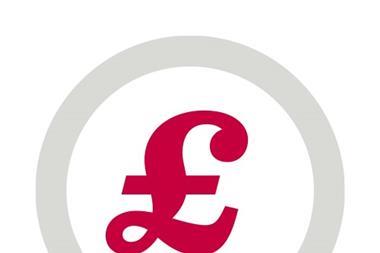
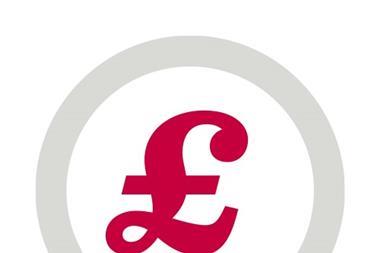
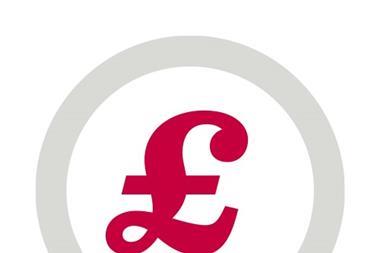
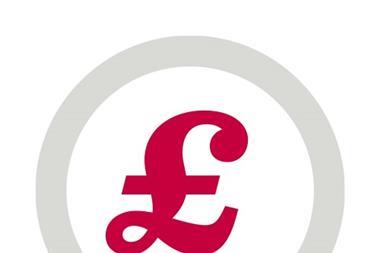
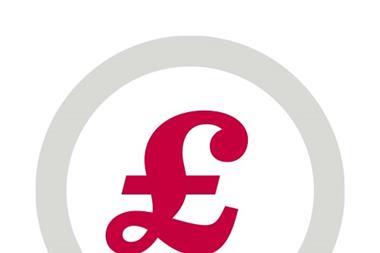
No comments yet